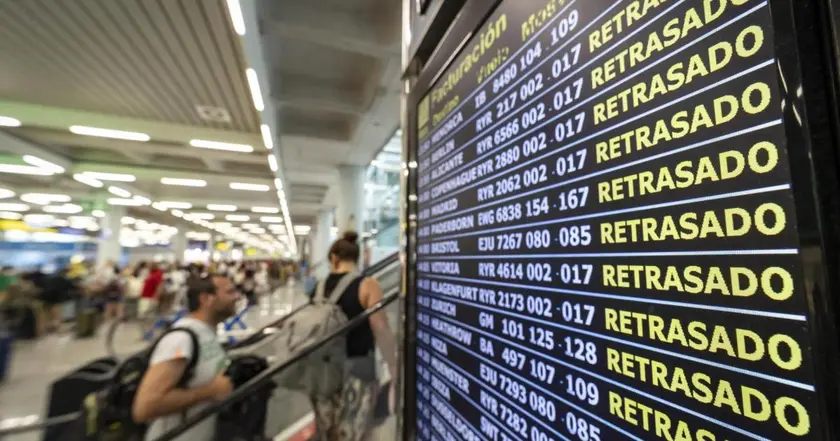T4K3.news
London Underground strikes set to disrupt travel
RMT announces rolling strikes across the network starting September 5 for seven days, with phased action by grades including the Docklands Light Railway.
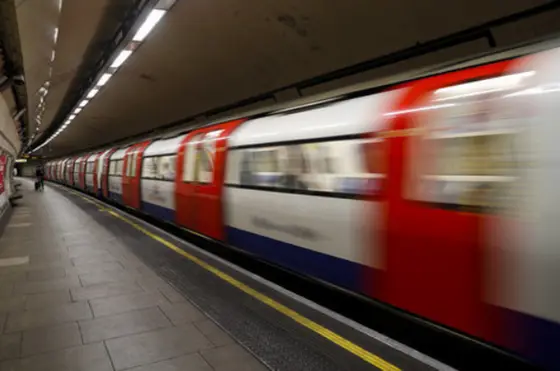
RMT announces rolling strikes on London Underground and Docklands Light Railway over pay and working conditions, with phased action across a busy travel week.
London Underground strikes threaten disruption across capital
The RMT union says it will begin rolling strike action on the London Underground on Friday 5 September for seven days, with different grades taking part at different times. The Docklands Light Railway will also see strikes during the week of 7 September, adding to disruption across the capital’s transport network. The union cites a lack of serious engagement from management on pay, fatigue management, extreme shift patterns and a reduction in the working week, alongside unfulfilled commitments from previous agreements. The strikes come after staff voted overwhelmingly to take industrial action.
Details provided show a staged plan: at Ruslip Depot Operational Managers will strike for pay parity on 5–6 September, track access controllers and control centre staff on 7 September, and broader fleets and stations on subsequent days, with further action by signallers and service control on 9 September and additional fleet and engineering staff on 10 September.
Key Takeaways
"They are not after a King's ransom"
Dempsey on the motives behind the strike
"Fatigue and extreme shift rotations are serious issues impacting on our members health and wellbeing"
Union concerns about working conditions
"RMT will continue to engage LU management with a view to seeking a revised offer in order to reach a negotiated settlement"
Union stance on negotiations
"There are outstanding issues around staff travel arrangements"
Specific negotiation points cited by the union
The dispute underscores long standing frictions between rail operators and frontline workers about workloads and health. After the peak turbulence of the pandemic, fatigue and scheduling have become rallying points in many sectors, not just transport. The strikes reveal a broader question about how a capital city sustains reliable service when the people who run it face heavy workloads with limited rest. Public conversation will hinge on whether negotiations can restart on a fair timetable that protects workers’ health while preserving essential transit for daily life. If talks stall, commuters and local businesses could feel the impact quickly, feeding a political pressure cycle that could shape future wage talks across public services.
Highlights
- Trust is earned on the timetable not the paycheck
- When the clock breaks the city notices
- Respect the shift, protect the city
- Disruption speaks louder than polite talk
Public disruption poses political and budget sensitivities
The rolling strikes threaten to disrupt a peak travel week in London and could influence public opinion and local business operations. The move is politically charged and touches on wage costs and service commitments, raising potential backlash and budget considerations for city planners and transport authorities.
Disruption is a test of how quickly both sides can reset and reach a workable compromise.
Enjoyed this? Let your friends know!
Related News
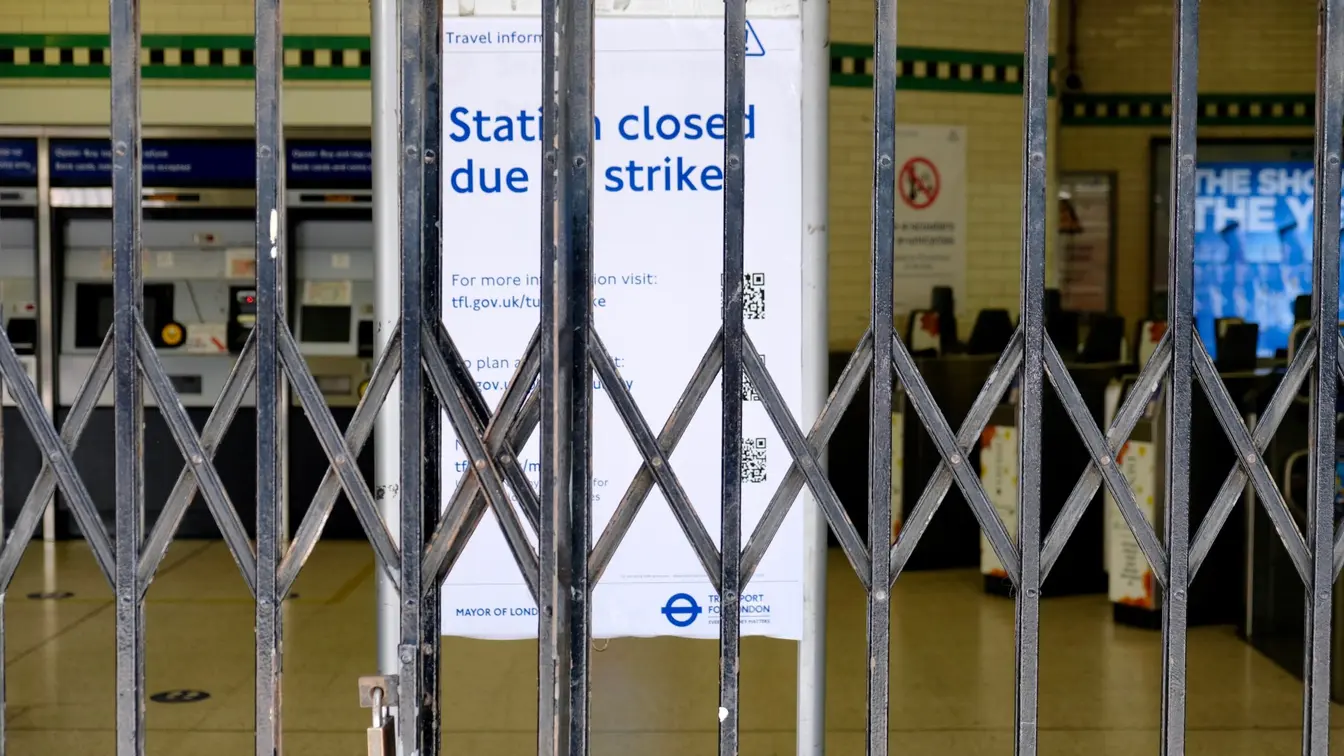
London Underground faces seven days of strikes
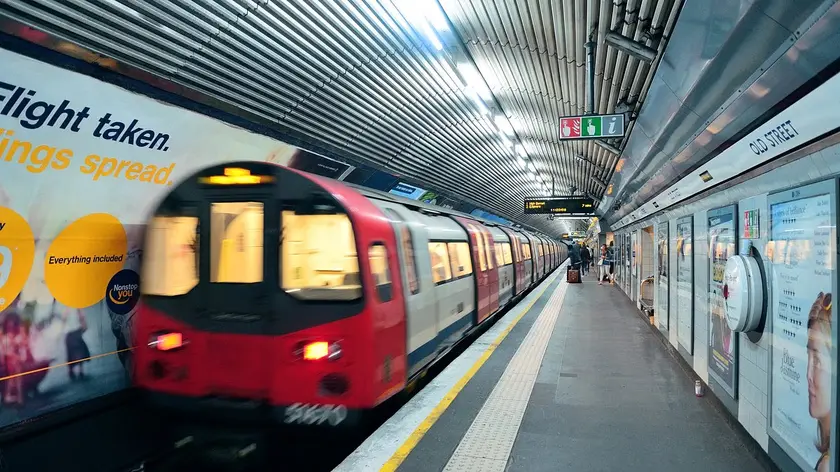
Tube network braces for shutdown
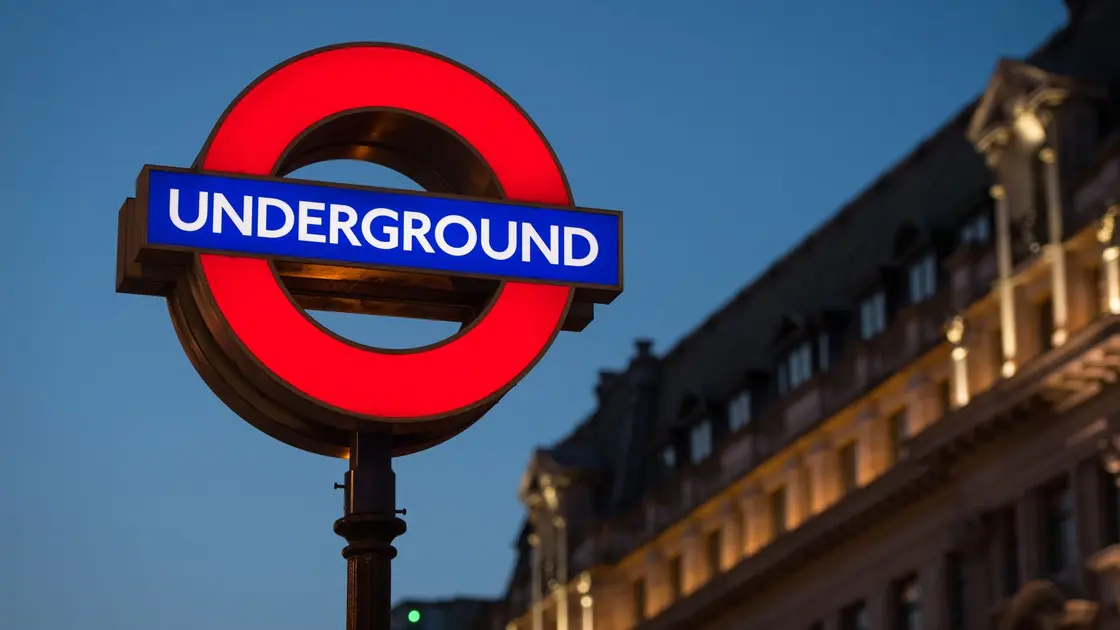
Tube strikes set to disrupt London
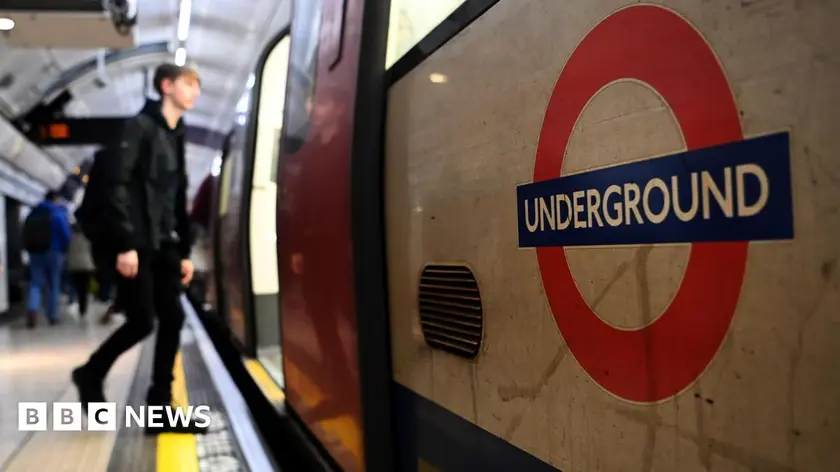
London Underground strike announced
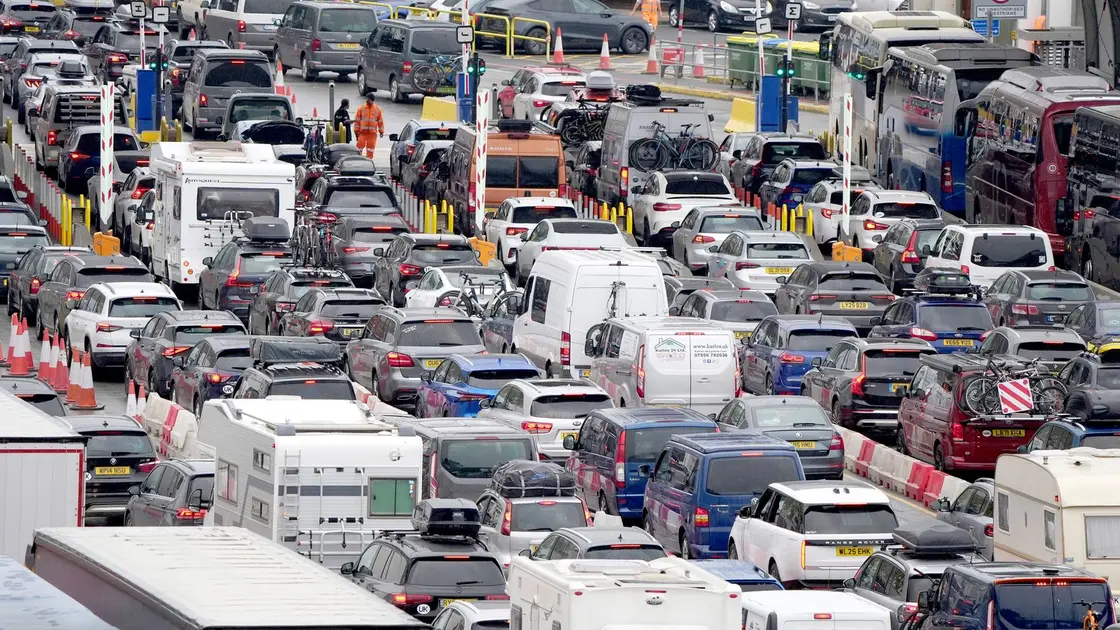
Travel disruption hits bank holiday weekend
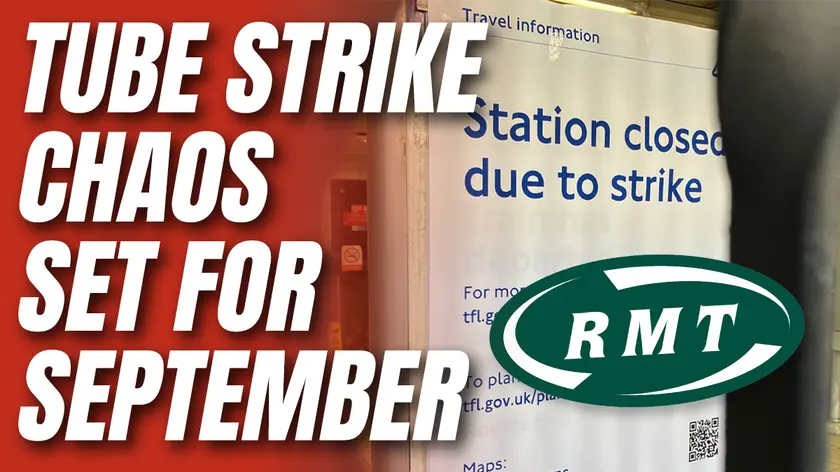
RMT rolling strike across Tube and DLR
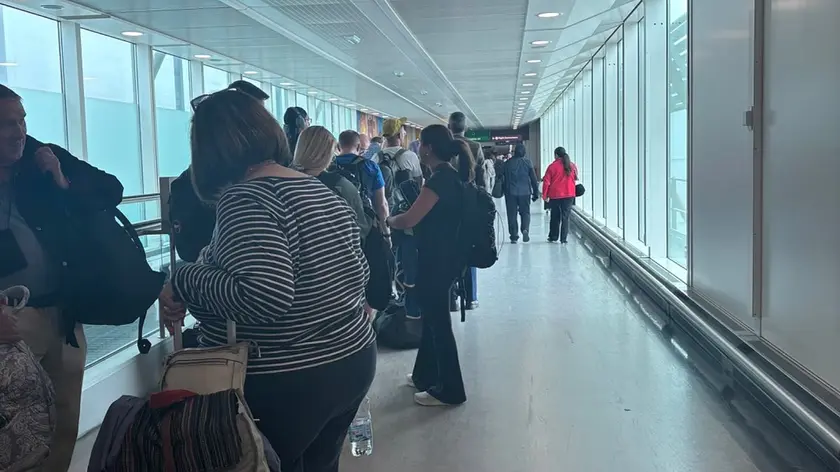
Evacuation at Heathrow Airport causes travel chaos
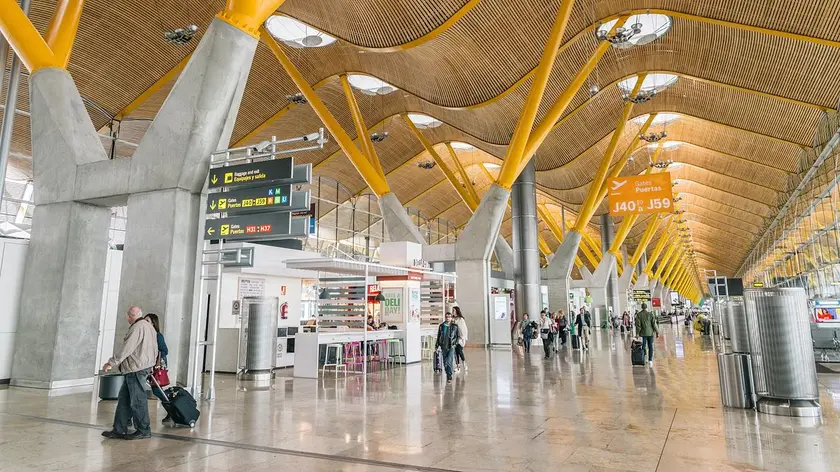
Travel strikes set to disrupt 12 major airports in Spain
